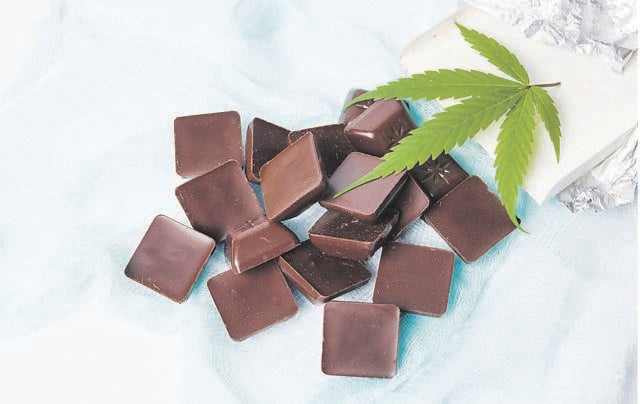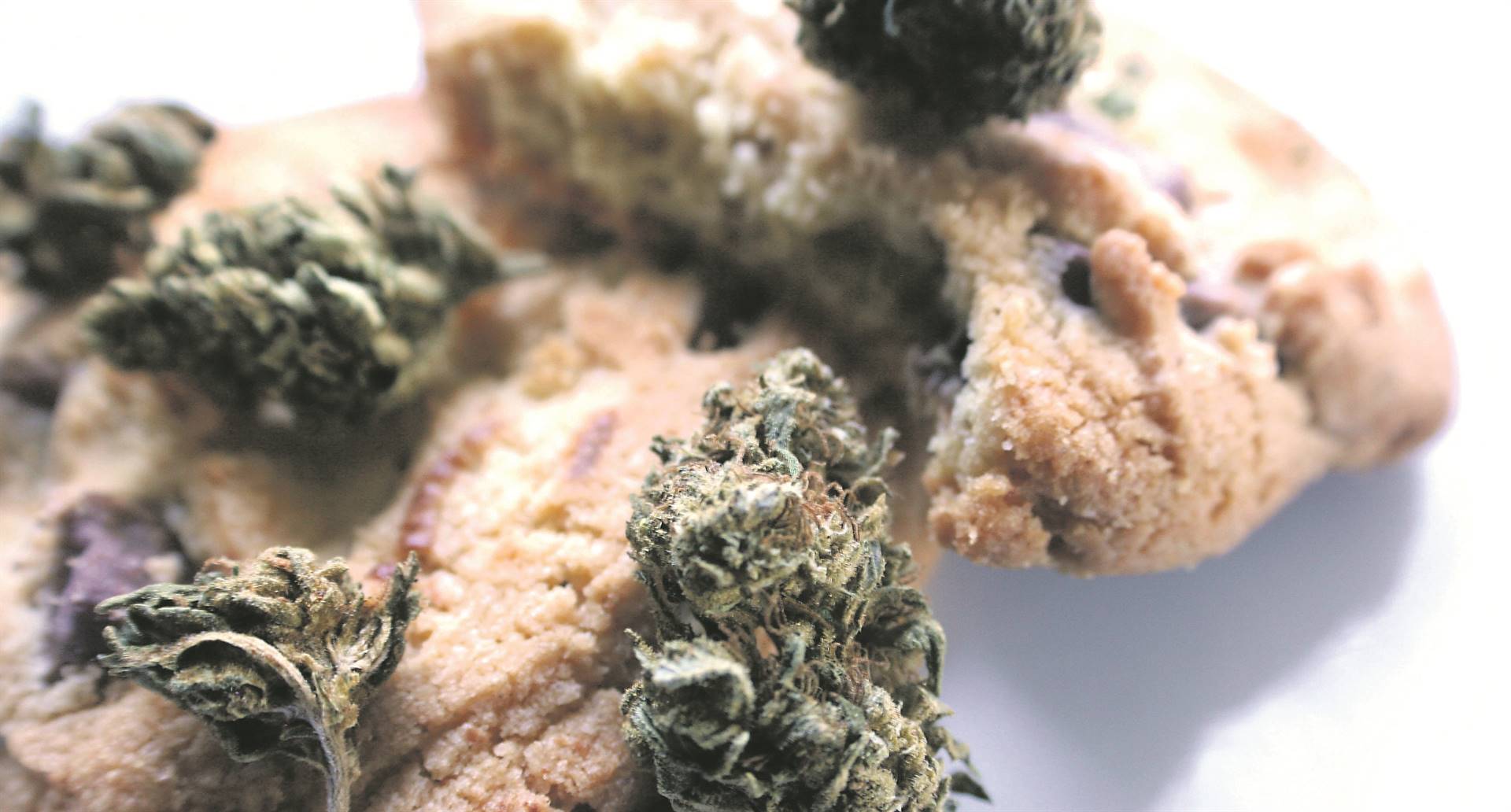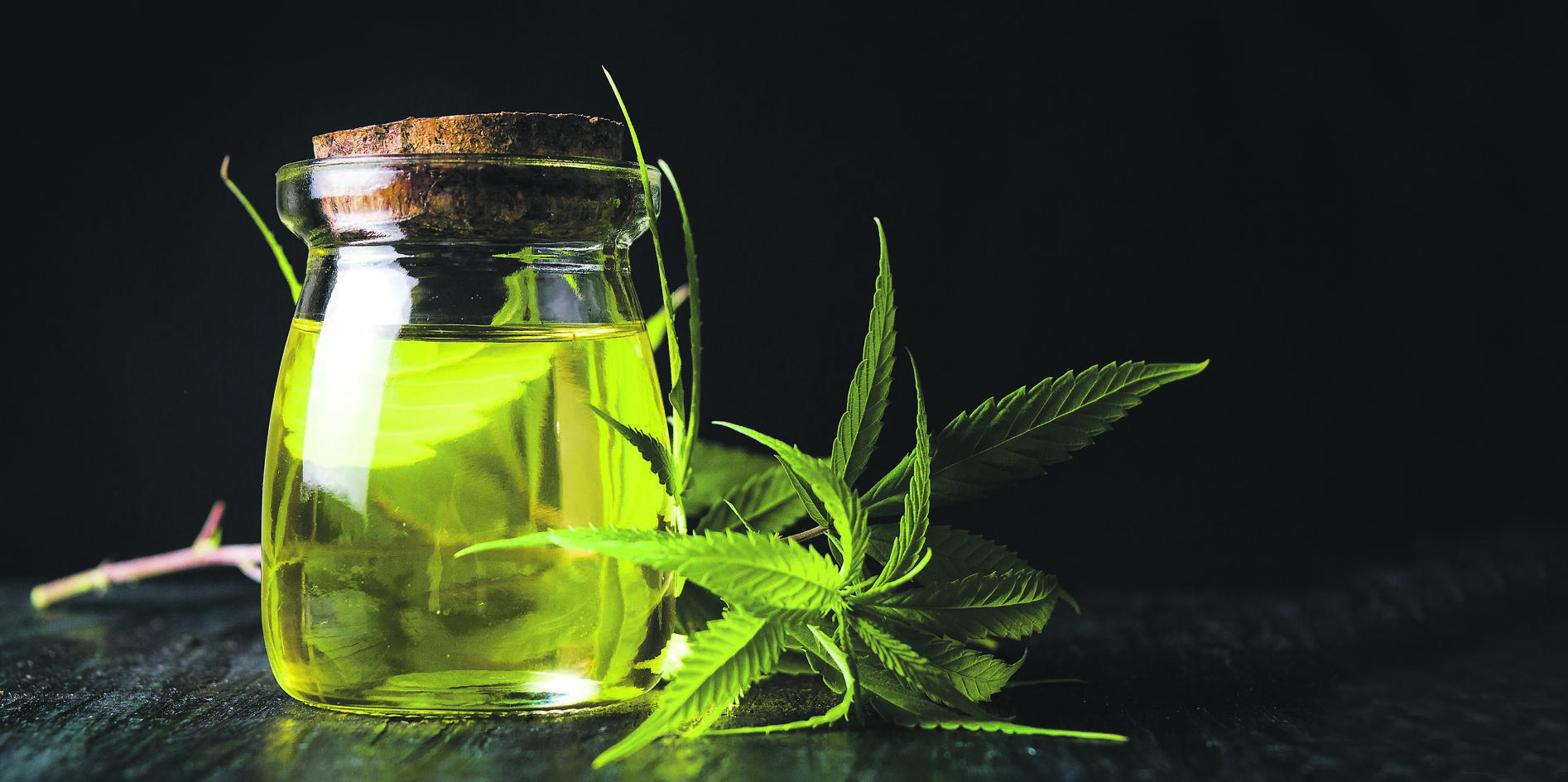
There is a rush of green sweeping through the country and many entrepreneurs and companies want a hit.
In May, the department of health made a game-changing update to the Medicines and Related Substances Act 101 of 1965, effectively removing the stringent regulation of cannabidiol (CBD) – one of the two main components of the cannabis plant – as a schedule 7 drug, and it also scheduled all CBD-containing products as schedule 4 substances.
Former health minister Aaron Motsoaledi went further by deregulating CBD-containing products that have a maximum dose of 20mg because they are known to have a “good safety profile” and are “well tolerated”.
This is as long as they make a “low-risk claim or health claim” when referring to their general health enhancement benefits, and purport to be for the relief of minor symptoms without relating that to any disease or disorder.
This came after September’s Constitutional Court ruling that South Africans can use cannabis in their private spaces.
Since then, the industry has opened up and started up – big time.
Myron Krost, a “food is medicine” advocate, told City Press: “It’s called the ‘green rush’ in the cannabis industry. It’s happened in many countries and it’s fantastic. It means the small person can get involved – there are low barriers to entry, and there are so many areas to grow. The problem is, you have to understand what is legal and what is not.”
Last week, Italian-inspired restaurant franchise group Col’Cacchio, with africanpure, a CBD product manufacturing brand, revealed how they were “getting ahead of the cannabis story in South Africa” by launching the first cannabis pizza range in the country.
Their menu will now feature two gourmet cannabis-inspired pizzas, namely the Green Goddess (R125) and the Not-So-Plain Mary Jane (R140).
The two pizzas will be drizzled with africanpure CBD oil, which contains no tetrahydrocannabinol (THC), the primary psychoactive element in cannabis or synthetic chemicals.
A new study led by researchers from the University of Queensland’s Institute for Molecular Bioscience’s Centre for Superbug Solutions in Brisbane, Australia, showed that CBD was “remarkably effective” in killing bacteria and had antibiotic effects – in a test tube, anyway.
But the researchers were also quick to point out that the results were preliminary and needed a lot more work to prove it worked in humans.
People should not self-treat infections with CBD just yet, they warned.
However, as far back as September last year, there was a buzz around products such as “dagga beer” following the launch of Durban Poison Cannabis Lager, as well as oils infused with hemp (extracted from the hemp plant, which is a part of the cannabis plant family), which were already legal in the country.
But what exactly is CBD and why is it gaining credence in various sectors of the health and wellness industry as a “magic elixir” that can treat any manner of ailments including anxiety, insomnia and epilepsy?
According to the SA Health Products and Regulation Authority, CBD is one of the “naturally occurring non-psychoactive” cannabinoids found in the cannabis family – meaning it does not bring about the “high” associated with dagga.
Speaking about when CBD started getting mainstream attention, africanpure co-founder Mike Saunders referred to the so-called Charlotte’s Web strain of marijuana.
This is a strain of marijuana named after Charlotte Figi, a little girl in the US whose story made headlines six years ago.
She suffered from paediatric epilepsy that led to violent, seemingly intractable seizures – until she was given CBD oil extracted from the marijuana strain that had medicinal properties but no psychoactivity.
“Typically, it works for anything that relates directly to our own nervous system and interacts with what scientists call our inner cannabinoid system,” Saunders explained.
“And because it is delivered through a carrier oil, a lot of people have expanded its use to topical application, for joint pain and eczema, for example.”
Krost added that cannabis was seen as part of the “food as medicine” concept, and applying this philosophy also meant a lifestyle change in terms of the kinds of food people eat.
“In terms of using CBD, you can get an isolate from the plant [either in hemp or cannabis], which is extracted in the form of a powder and can be used in vaping products.
“You also get what is known as ‘full spectrum’, which is the entire plant.
“With that, you get a tiny bit of the THC, which is psychoactive. The full-spectrum CBD can be added to a carrier oil and you can get it in the strength you need. It can be mixed with hemp oil or mint,” Krost said.
And while Saunders said there were a lot of studies that showed the benefits of CBD, there were also studies that showed it did nothing at all, with some parties being against its use.
“I don’t think we quite know enough about it, but the legalisation of cannabis in such big markets internationally is making people realise there’s something there, and that it’s more than just a talking point.
“Ever more money is being put into scientific research and human trials. Yes, there are a lot of people talking about it being a magical ‘cure-all’. I don’t know if it is or isn’t, but I do know that it has a lot of genuine applications,” Saunders said.
He said the formalisation of the legislation – which is for a 12-month period – was a good thing, and allowed for a structured approach and obliged manufacturers of products to be responsible.
“A part of that responsibility is providing traceability reports and lab reports, because some products years ago used oils extracted through carcinogenic methods, as well as solvents that made illnesses worse. So the legislation is a great step forward in keeping companies truthful and compliant,” he said.
The SA Health Products and Regulation Authority itself said it would “closely monitor” labelling, advertising and dosing compliance in terms of the products that come out during this period.
When asked what he thought would happen after the 12-month period was up, Saunders said: “To use the metaphor of a runaway train, I think CBD is here to stay and there is no going back from here.
“We’re going to hear more and more about it and its positive effects. This will open the door for us to learn about the other 209 cannabinoids that haven’t been explored yet.”
TALK TO US
How do you feel about dagga products being freely available? Do you support the medicinal use of cannabis and agree that it has value?
SMS us on 35697 using the keyword DAGGA and tell us what you think. Please include your name and province. SMSes cost R1.50. By participating, you agree to receive occasional marketing material
 |
| ||||||||||||
| |||||||||||||




 Publications
Publications
 Partners
Partners











